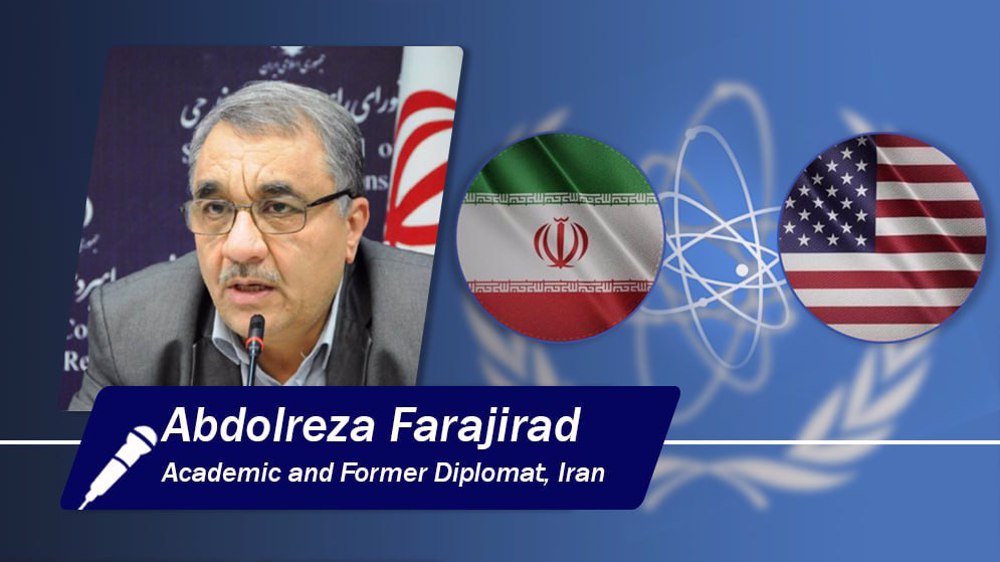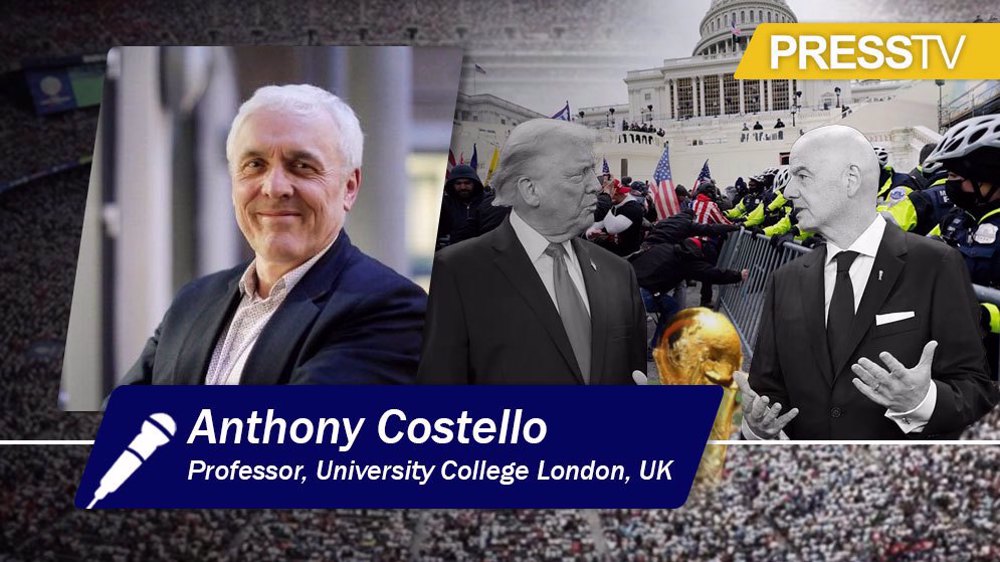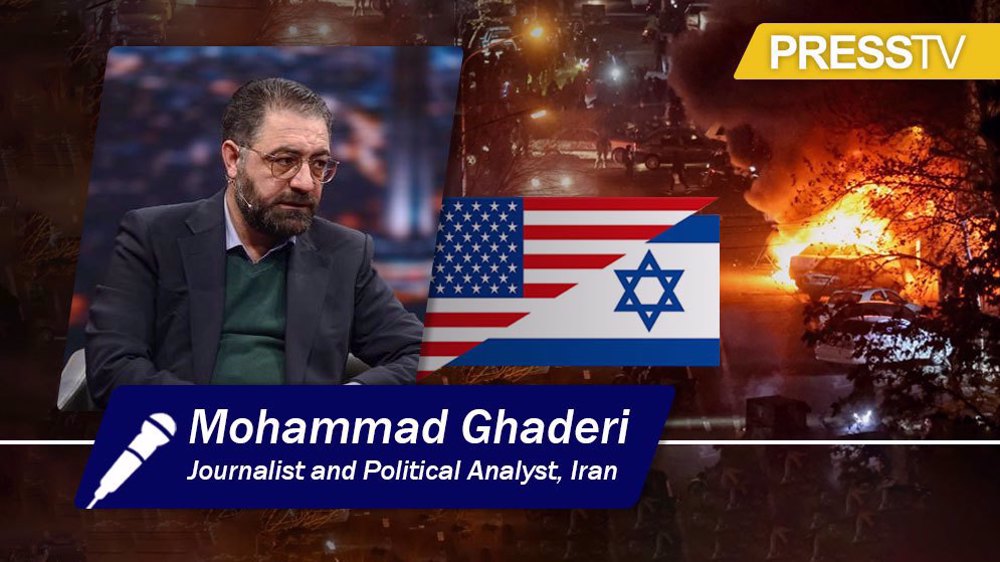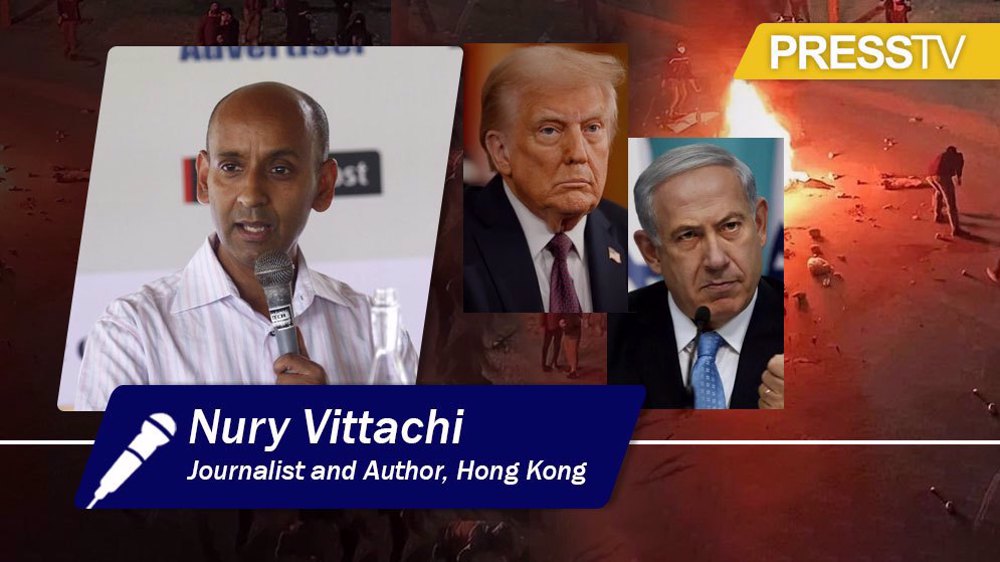There is good chance that US and Iran can reach an agreement: Veteran diplomat
By Alireza Hashemi
As Iran and the US prepare for the third round of indirect nuclear talks scheduled for Saturday in Muscat, a veteran Iranian diplomat has expressed cautious optimism about the prospects of the deal.
Speaking to the Press TV website, Abdolreza Farajirad, a former Iranian ambassador, presently a university professor, emphasized the constructive atmosphere of discussions and the potential for a breakthrough, though he warned of significant obstacles, including interference by the Israeli regime.
Farajirad noted that the first two rounds of talks, held in Oman and Rome respectively, were described by both sides as useful and constructive, and the decision to schedule a third round and involve technical experts signals that the framework is set and the process is about to begin in earnest.
"We are seeing a glimmer of light in the future, and I estimate there’s over a 50 percent chance that Iran and the US can reduce tensions and reach an agreement," he remarked.
The talks, mediated by Oman, are led from the Iranian side by Foreign Minister Abbas Araghchi and from the American side by the US special envoy for West Asia, Steve Witkoff.
The ongoing talks aim to clinch a deal between Tehran and Washington, which would replace the 2015 Joint Comprehensive Plan of Action (JCPOA), commonly known as the Iran nuclear deal, which is set to expire in October 2025.
Iran seeks sanctions relief to boost its economy, while the US demands assurances that Iran’s nuclear activities continue to be peaceful.
Farajirad said an initial agreement could be temporary, lasting one to two months, to buy time before the June deadline when European powers must decide whether to trigger the “snapback” mechanism to reimpose UN sanctions.
“A temporary deal would calm the Europeans and deter them from pursuing snapback,” he said. “If negotiations progress, a more permanent agreement could follow.”
However, with less than two months until June, he acknowledged the challenge of finalizing a comprehensive deal.
Iran has already expressed its full readiness to reach a deal while maintaining that its nuclear program is completely peaceful in nature.
In return, it demands guarantees to prevent a repeat of the US withdrawal from the JCPOA, considering the past experience.
Farajirad stressed that US Congressional approval of any deal would be crucial, as such a step could reassure investors and stabilize Iran’s economy.
He believes Trump, unlike other US presidents, has the political capital to secure Congressional backing, though time is tight with Congressional elections looming in 2026.
Touching on potential obstacles ahead, Farajirad pointed to Israeli meddling, referencing Israeli Prime Minister Benjamin Netanyahu’s attempt to push Trump toward a hardline “Libya model” for Iran’s nuclear program, which would demand complete dismantlement.
“The Americans realized that approach would prevent any deal,” Farajirad said, adding that Trump’s reported dislike for Netanyahu, stemming from Netanyahu’s early congratulations to Joe Biden in 2020, may limit Israel’s influence.
He noted that if Israel attempts a limited attack on Iran’s nuclear facilities, as is being reported, such an action would have no impact on Iran’s program and provoke a “severe” Iranian retaliation that would be much stronger than the True Promise operations.
Domestic opposition in the US poses another challenge, Farajirad noted, stressing that Congressional hardliners and other opponents could complicate approval of the deal as a treaty.
There are also sensitive technical issues involved, including the storage of Iran’s 270 kilograms of enriched uranium. Iran insists it remains in the country under International Atomic Energy Agency supervision, while the US prefers a third country, according to the veteran diplomat.
Despite these obstacles, Farajirad sees reasons for optimism.
For Trump, who has failed to secure ceasefires in Ukraine and Gaza and a trade deal with China, a nuclear deal with Iran would be a “major achievement,” he stated.
The US, while issuing threats, fears the consequences of military action, including disruptions to the global oil market and international shipping, he said.
The veteran Iranian diplomat said market signals also reflect this optimism, with Iran’s currency strengthening as the dollar dropped to around 80,000 tomans in recent days amid talks—a sign of positive investor sentiment.
Farajirad also addressed concerns that Iran’s economic benefits under the new deal may not be realized, arguing that Congressional approval would change the dynamics.
“If US Congress approves the deal, companies will feel more comfortable investing,” he stressed.
VIDEO | Press TV's news headlines
VIDEO | Pakistan rejects link between Gaza 'Peace Board,' Abraham Accords amid outcry
VIDEO | Displaced families struggle to survive after Heglig attacks in Sudan
Iran’s top security official, Russian president discuss economic cooperation, regional issues
Leader’s advisor warns of ‘deep’ retaliatory strikes into occupied territories
US Department of Justice releases millions of Epstein files, then pulls pages citing ‘rape’ by Trump
VIDEO | EU blacklists anti-terror organization
VIDEO | 44th Fajr Theater Festival underway in Tehran










 This makes it easy to access the Press TV website
This makes it easy to access the Press TV website